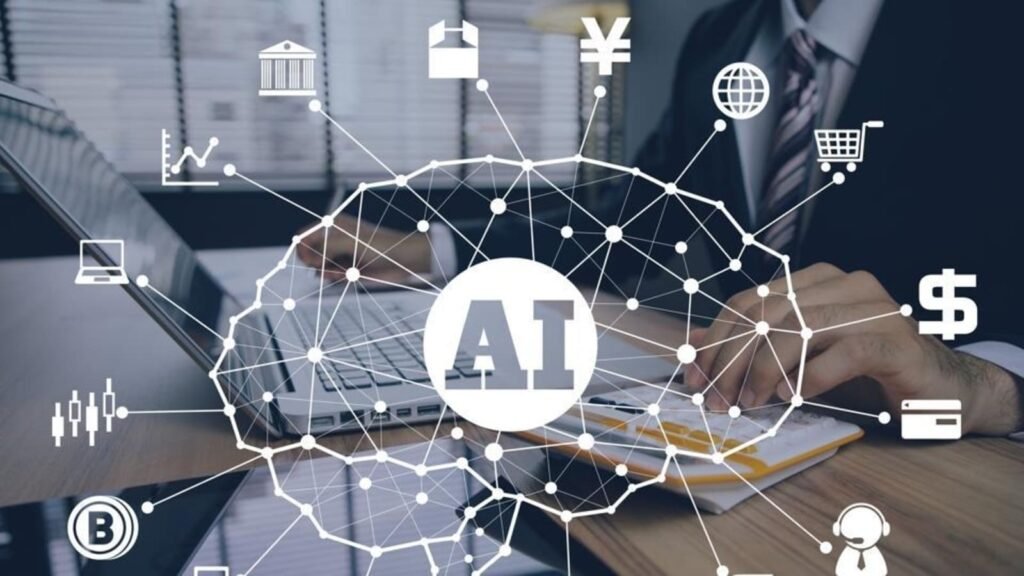Introduction
In a transformative leap for software development, GitHub has introduced a groundbreaking AI-powered coding agent capable of automatically identifying and fixing bugs in code. This new technology represents a major step forward in the integration of artificial intelligence into the software development lifecycle. Designed to reduce manual debugging time and increase code reliability, the tool aligns with GitHub’s vision of making coding more efficient, intelligent, and accessible.
What Is GitHub’s New AI Coding Agent?
GitHub’s new AI agent is an autonomous tool integrated with machine learning models, capable of understanding code context, pinpointing errors, and providing accurate, real-time fixes. Unlike basic autocomplete tools like GitHub Copilot, this agent goes further—it acts proactively, scanning existing codebases, identifying potential issues, and suggesting or applying corrections without direct user prompts.
The agent is trained on billions of lines of open-source code and uses large language models (LLMs) to understand code semantics and structure. It works across multiple programming languages and frameworks, making it highly versatile for developers working on complex, multi-language projects.
Key Features and Capabilities
- Autonomous Bug Detection
The AI agent continuously monitors code to identify syntax errors, logic flaws, security vulnerabilities, and deprecated functions—before they cause problems in production. - Automated Fix Suggestions
Once an issue is found, the agent generates reliable, contextual fixes. These aren’t just generic suggestions; they’re tailored to the specific project architecture and coding style. - Language and Framework Support
Supporting languages like Python, JavaScript, Java, TypeScript, and more, the tool is compatible with various web, mobile, and backend development frameworks. - Version Control Integration
Seamlessly integrated with GitHub repositories, the agent can propose pull requests, annotate commits, and document its own changes for transparency and developer review. - Learning and Adaptation
Over time, the agent improves based on developer feedback, learning from accepted suggestions to refine future outputs.
Why This Matters: Implications for Developers
GitHub’s AI coding agent changes the game in several fundamental ways:
- Reduced Debugging Time: Developers can save hours spent on manual bug tracking and fixing, focusing instead on writing new features and improving product quality.
- Improved Code Quality: Consistent and intelligent error detection helps maintain high-quality codebases, especially in large teams or open-source projects.
- Accessibility for New Developers: Less experienced programmers benefit from real-time corrections and educational insights, accelerating their learning curve.
- Shift Toward Autonomous Software Engineering: This release reflects a broader shift in the tech industry toward AI-driven development environments, where coding agents take on more active roles in building and maintaining software.
How It Compares to GitHub Copilot
While GitHub Copilot is a code completion tool, the new AI coding agent is more autonomous and proactive. Instead of waiting for developer prompts, it acts on its own to improve code quality. Think of Copilot as an assistant, and the new agent as a co-developer who can take initiative.
Security and Ethical Considerations
GitHub emphasizes that the AI agent adheres to strict security protocols, ensuring it does not leak sensitive information or make unauthorized changes. Developers are always in control—the agent suggests changes, and human oversight remains central.
There are also guardrails in place to prevent misuse or misinterpretation of code, particularly in regulated industries like healthcare and finance.
Conclusion: A Step Toward AI-Augmented Development
GitHub’s launch of an AI coding agent marks a pivotal moment in the evolution of software engineering. As development cycles become faster and projects more complex, tools like this will be essential to maintain quality, reliability, and efficiency.
The integration of AI into core coding workflows is no longer speculative—it’s now a reality. As this technology matures, we can expect a future where human creativity is empowered by intelligent systems that handle the heavy lifting of code maintenance, testing, and debugging.


